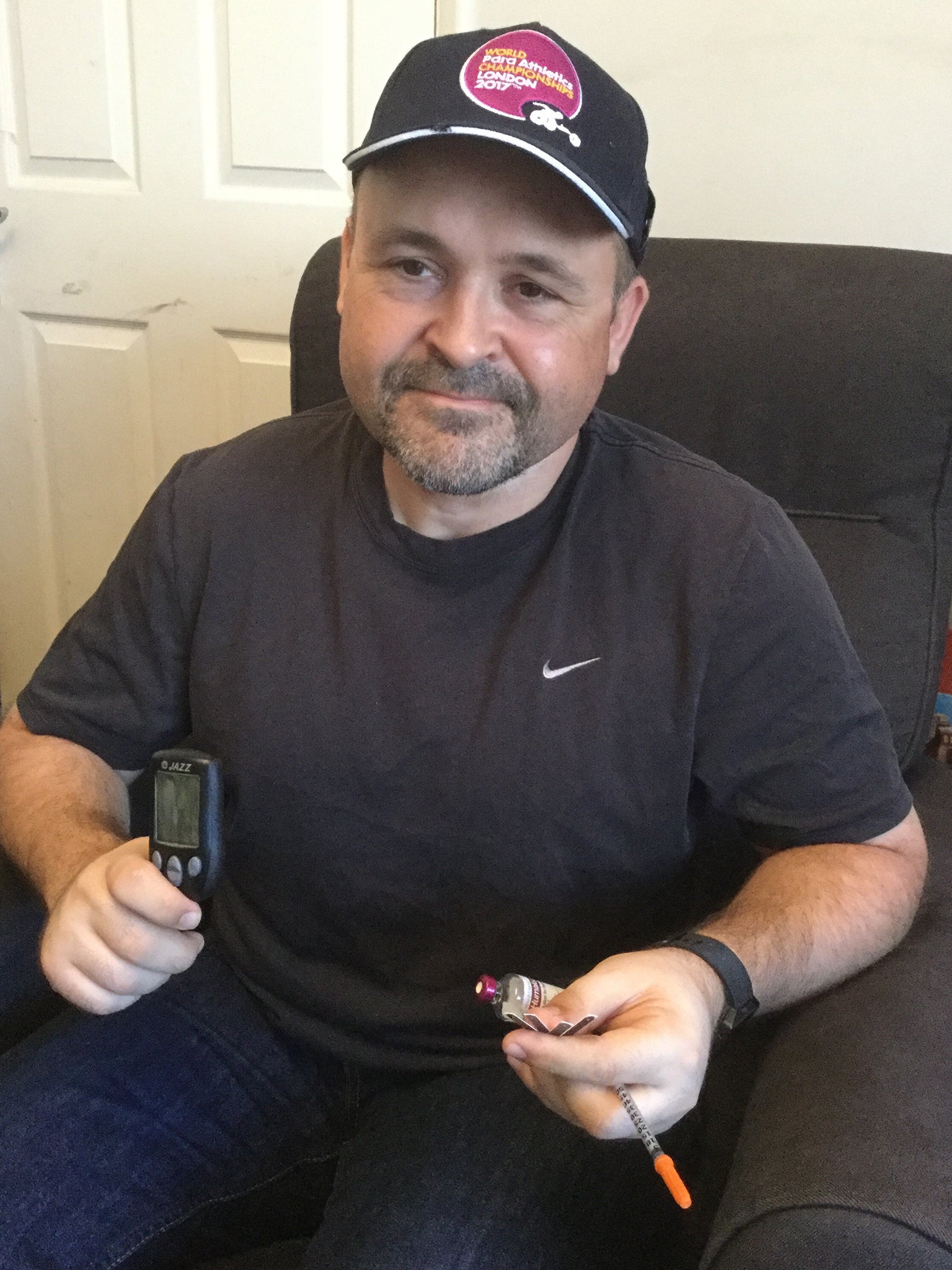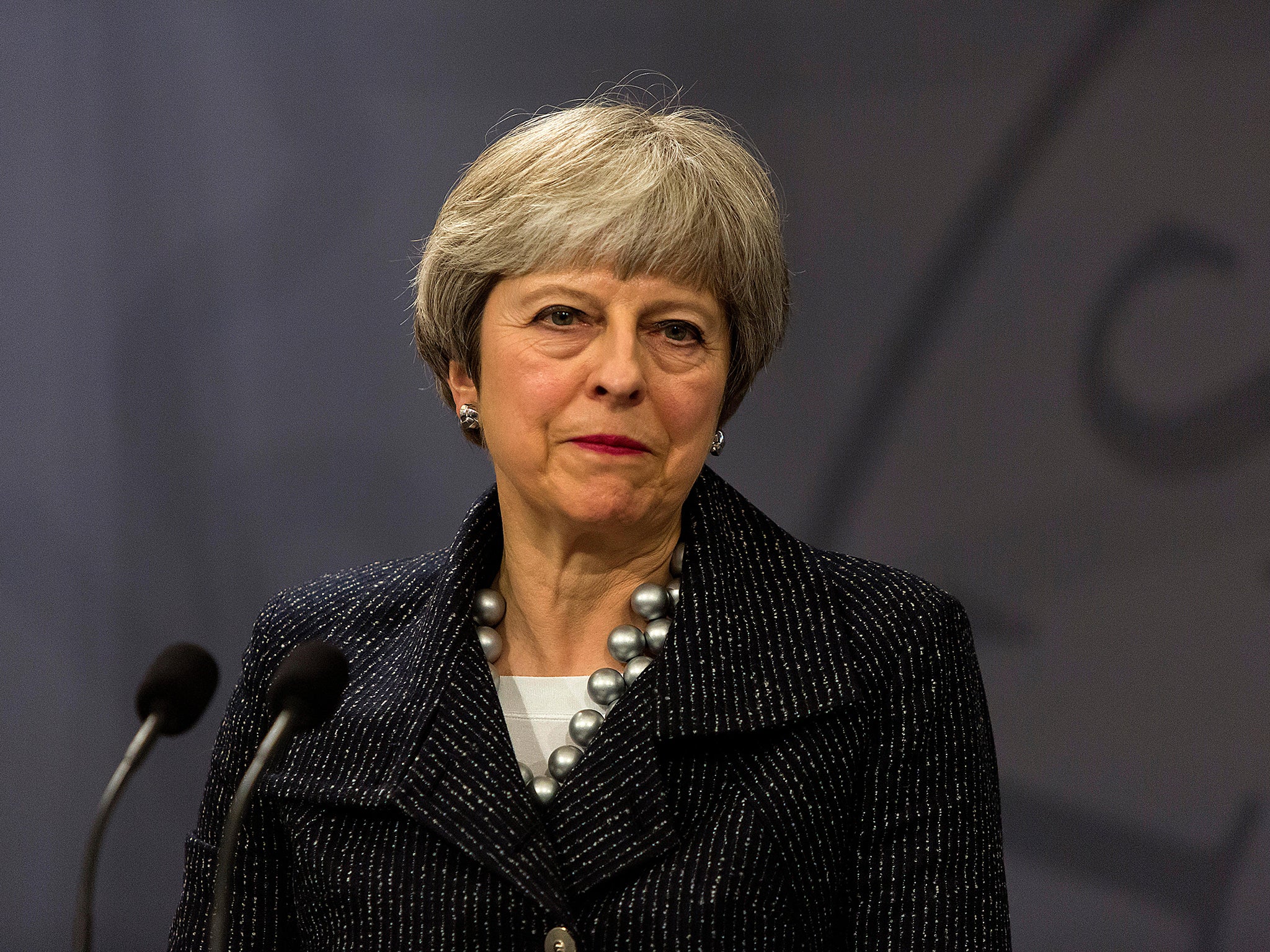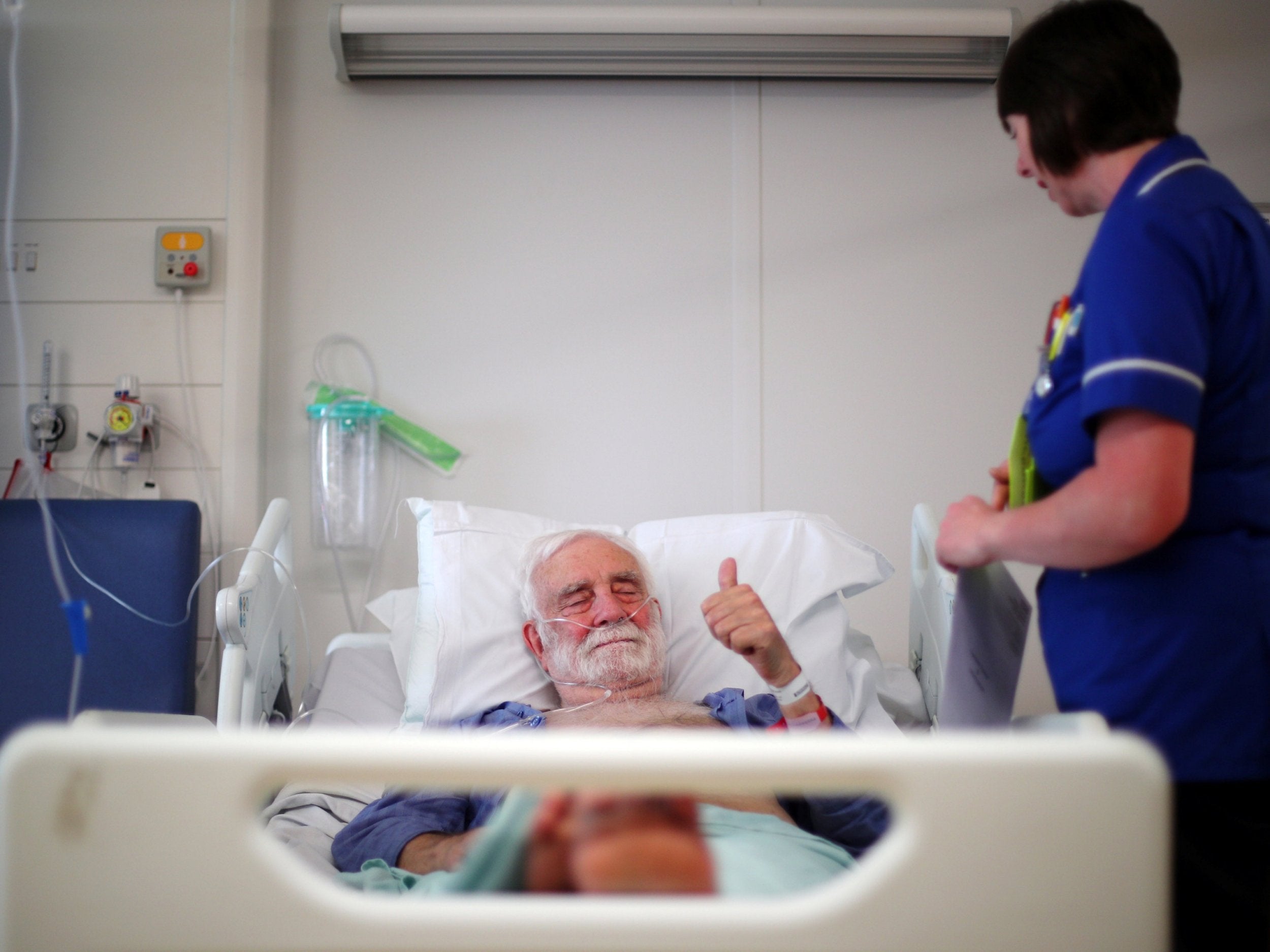The NHS saves my life every day – we must do everything we can to protect it
Rationed at the point of need, which is increasingly becoming the type of system we have, is nudging us towards the situation that exists in the US

Free at the point of need.
That for me, as we debate the NHS on its 70th birthday, is the one thing that should remain sacrosanct. It is a beautiful concept, and a line that should not be crossed.
Whatever the NHS’s flaws, it means that if you get sick you should expect to be treated without regard to your resources or your position in society. At least in theory.
I have type 1 diabetes. This means that my body destroyed the cells that produce insulin, a hormone without which the body cannot break down and make use of energy-providing carbohydrates.
Scientists are still unsure quite how and why this happens. One theory is that it is an autoimmune disorder, triggered by the body’s attempt to fight off illness.
In my case, it struck when I was just two years of age, making me something of a rarity.

Most people are a bit older when they contract the condition. The prime minister, Theresa May, is among the one in five who aren’t affected until their forties.
Once the condition has been acquired, however, there is no going back. There is no cure. But there is an effective treatment.
Insulin injections, and the regular monitoring of blood glucose levels, are apt to make you feel like a human pin cushion, or even a hedgehog.

You also have to put up with the tiresome “eeuuwww” sound people make when you have to inject while out and about.
But, with the assistance of the NHS, they enable people with the condition, like me and the PM, to live more or less normal lives.
That’s not quite so easy for people living in a country like the US, where “free at the point of need” is anathema.
Last week the New York Times ran a story about the fact that across the Atlantic, people with my condition are dying.
In the richest country on earth, whose governing Republican Party proclaims itself to be pro life, some diabetics are finding themselves unable to afford the insulin they need to live.
The price of the artificially produced hormone has been rising sharply, and even with Obamacare still clinging on in the face of Donald Trump’s attempts to smash it, not everyone can afford insurance, or insulin, or blood testing strips. The bills rack up even for those with coverage, through co-pays and the like.
So they miss out on jabs, and their blood consequently fills up with sugar that attacks their eyes, their livers, their kidneys, hell, you name it.
There’s nothing sweet about sugar when it clogs up your arteries.

The NYT reported the case of one young man who died. Needlessly.
The director of the Penn Rodebaugh Centre for Diabetes Mark Schutta half jokingly told the Philadelphia Inquirer that one solution to the problem of rising costs would be for diabetics to head to Europe, where prices are cheaper, and buy a year’s supply.
“That’s America,” is what you’re probably saying at this point. “Of course it couldn’t happen here.”
Couldn’t it?
Consider the results of a survey that Diabetes UK conducted in 2016, as part of an ongoing project looking at how people with the condition are treated.
It found that 27 per cent of those who responded had, during the preceding 12 months, “been refused a prescription for blood glucose test strips or had the number of test strips on their prescription restricted”.
This is despite the fact that the National Institute for Health and Care Excellence recommends that all adults with type 1 diabetes should routinely self-monitor their blood glucose levels, and test themselves “at least four times a day, including before each meal and before bed”.
There is a legal requirement to do so before driving and for people who are frequent drivers, taking regular exercise or who are at high risk of episodes of low blood sugar – hypoglycaemia – the testing frequency could increase to “up to 10 times a day”.
And yet, despite driving, and taking regular exercise, I’ve had a nurse tick me off for keeping myself healthy by testing too frequently. She cited budgets.
Economics shouldn’t come in to it when the alternative to regular testing is people potentially having limbs amputated – a consequence of too much sugar in your blood is that it damages blood vessels, restricting the supply to your extremities – or suffering from one of the other complications I listed above.
But it does. So it needs stating that it is simply economic lunacy to deny people with diabetes a resource that will help to make costly operations unnecessary. It is madness.
While speaking to Diabetes UK, I was told of parents who lack the resources to buy extra strips having to cut them in half to ensure their children can test with sufficient frequency.
This is an example of where “free at the point of need” is being steadily chipped away at.
Rationed at the point of need, which is increasingly what we have, is nudging us towards the situation that exists in the US.
If that is where we end up, it won’t be a problem for Theresa May. A prime minister’s salary is modest when compared to that of a CEO. But it still runs to six figures. She also has a husband who is an investment manager.

I’m not in her league as regards income, and my partner isn’t a City money manager. She works in a school for autistic children.
But we have savings, and we’re not stretched like some people are. So yes, we could probably afford the extra strips if it came to that, and maybe the insulin too.
That, however, is not true of everyone in this country. It wasn’t true for me growing up in a single parent household during a previous Tory NHS spending squeeze, during which time I had to cut testing strips in half.
According to a detailed analysis by the Institute for Fiscal Studies, a modestly improved “modernised” NHS would cost £56bn more in today’s money, on account of our ageing population.
The £20bn extra May wants the service to have, funded by a rise in taxation, will be more or less enough to maintain the service at its current level under the scenarios the think tank considered.
So if they are lucky enough to live in the right postcode, diabetics should get their testing strips. Assuming, that is, the spending increase is passed by parliament.
Jacob Rees-Mogg, another appallingly wealthy Tory, who would also be immune from any consequences of rationing should he or a member of his family fall prey to my condition, is talking rebellion based on an ideological attachment to low taxes.
If he succeeds in getting May’s plan kiboshed, perhaps we should describe him as “test strip snatcher” in the way his heroine Margaret Thatcher was once nicknamed “milk snatcher”.

The National Health Service has its warts. I have experienced some of them. Others like me have lately been writing about their experiences with them.
Nick Robinson, the Today programme presenter, for example, recently pointed to the troubling fact that cancer survival rates are much lower in this country than those in some of our European neighbours’ in a piece he wrote for the Mail on Sunday, ahead of the screening of his NHS At 70 on BBC 2.
He also asked whether there “should be limits to what the NHS provides”.
He pointed out that his vocal chords were damaged as a side effect of the operation he had to remove a tumour in his lung and he had to pay for the therapy to get his voice back.
I would respectfully suggest that whatever happens, blood testing strips should be provided because withholding them is a false economy that could wreck people’s health.
The fact remains that the NHS is a rather efficient means of delivering mass healthcare. We as a nation spend far less on health as a nation than America does to provide universal healthcare coverage and a service that keeps people like me alive.
I have other health issues. They were caused to me as a result of my getting hit by a cement truck while cycling on London’s roads. I spent an agonisingly painful period of time trapped under its wheels, until the NHS saved my life again.
Friend and former colleague Andrew Dewson, who now lives in Louisville, USA, said something that chilled me in its wake: “You’re lucky it happened over there. If it had happened over here they’d have wanted your insurance details before you got in the ambulance.”
Free at the point of need means I am there for my family; gainfully employed by The Independent; able to contribute to society through having served as a school governor and sitting on Scope’s Extra Costs Commission. I’m sure there’ll be more of that sort of thing to come.
It does that for a lot of other people too.
That is why people like Jacob Rees-Mogg, whose debased political creed puts that under threat, are worthy of contempt.
I make no apology for saying that. These people don’t deserve civility when they advocate for policies that will put lives at risk.
Free. At. The. Point. Of. Need.
Without that people die. It’s that simple. No civilised society should allow that to happen needlessly.
It is why the NHS needs fighting for, and why it’s time to take the gloves off. Because it isn’t just the execrable Rees-Mogg that threatens it.
There are lots like him.
Join our commenting forum
Join thought-provoking conversations, follow other Independent readers and see their replies
Comments
Bookmark popover
Removed from bookmarks